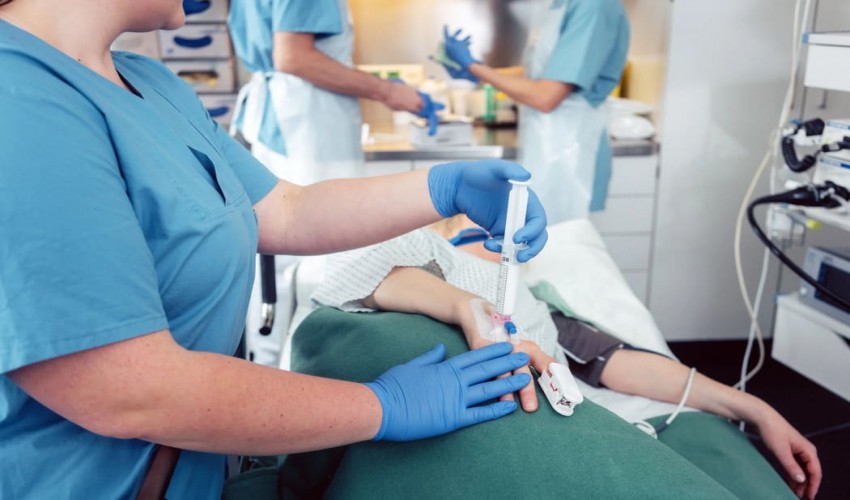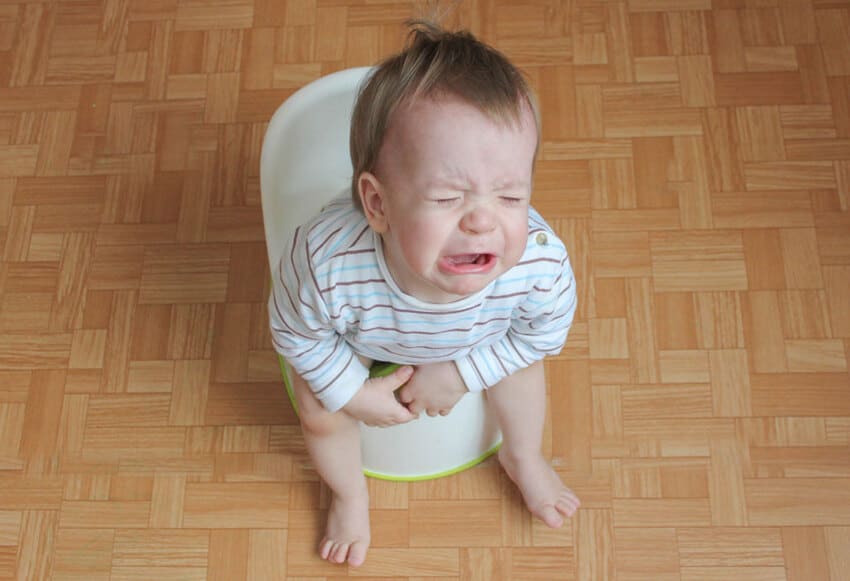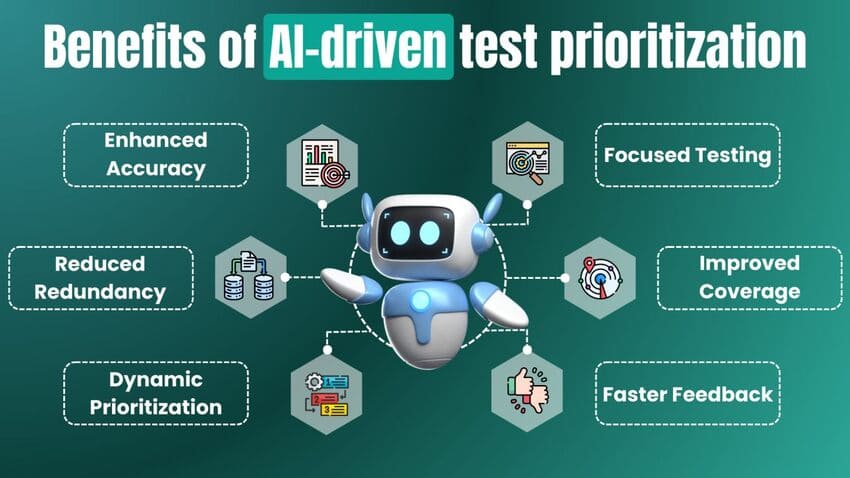
There are significant drawbacks in a study that questions the advantages of colonoscopy screening.
- Rating
- colorectal
- screening
- gastroenterology
- efficacy
- colon
- outcomes
A new study found that screening colonoscopies provided less benefit than predicted. The study, however, has important caveats, according to gastroenterologists, making it ripe for misinterpretation if that context is not included.
The study was the procedure's first randomized controlled trial, which is widely regarded as the gold standard for testing medical interventions. The study, which was published online on October 9 in the New England Journal of Medicine, tracked patients who were encouraged to have a colonoscopy and compared their outcomes to those who were not offered to have the operation. In the invited group, the risk of colorectal cancer was lowered by 18% after ten years. The study found no statistically significant difference in the risk of dying from colorectal cancer between the two groups.
According to gastroenterologists, this is disheartening because previous research has indicated that screening colonoscopies are more successful in lowering the odds of developing and dying from colorectal cancer. Those earlier results came from observational studies, in which patients were not randomly assigned to receive or not receive a treatment.
A deeper look at the new study's data, however, explains why it should not be regarded as a slam-dunk against the screening test. To begin, fewer than half of those asked to get a colonoscopy actually had one. The study also did not follow patients for a long enough period of time to accurately determine the risk of dying from colorectal cancer. Furthermore, several of the physicians who performed the treatment did not fulfill a basic quality standard.
These factors restrict the study's ability to provide information concerning screening colonoscopies. Furthermore, according to Folasade May, a gastroenterologist and health services researcher at UCLA Health, this study should not be used to throw doubt on colorectal cancer screening in general. "Screening works, and it saves lives," she adds. "We have sufficient data to encourage screening."
The significance of screening
According to the American Cancer Society, colorectal cancer is the second largest cause of cancer deaths in both men and women. In 2022, it is estimated to kill about 52,000 Americans. There are racial differences in who gets the disease and who dies from it. When comparing Black males to white men, the rates of incidence and mortality are 21% and 44% higher, respectively; when comparing Black women to white women, the rates are 18% and 31% higher, respectively.
The US Preventive Services Task Force advises colorectal cancer screening in persons aged 45 to 75 (SN: 5/31/18). Screening methods include stool-based testing, colonoscopy, which examines the whole colon, and sigmoidoscopy, which examines a part of the colon. Individuals at average risk — those who do not have a family history of colorectal cancer or other circumstances that enhance risk — can select the choice that is best for them. "We just want people to be checked," says New York University Grossman School of Medicine gastroenterologist Sophie Balzora. "The best exam is the one that is completed."
In the United States, the fecal immunochemical test, or FIT, and colonoscopy are popular procedures. The FIT is a home test that identifies minute quantities of blood in the stool, which can be a symptom of colon cancer.
During a colonoscopy, a doctor searches for and removes polyps, which are tissue growths that can become malignant. However, the procedure's cost, time, and preparation might be prohibitively expensive for certain patients, according to Carol Burke, a gastroenterologist at the Cleveland Clinic. People may not be able to take time off work or have someone available to transport them home after the surgery, for example. Burke explains that in order to perform a colonoscopy, "you must be certain that you can handle the patient's hurdles."
Important disclaimers
Because of the various impediments to obtaining a colonoscopy, simply telling someone to do it isn't enough. This is also true in Poland, Norway, and Sweden, where colonoscopies are rarely used to test for colorectal cancer. Colonoscopies were offered to one-third of the approximately 84,000 trial participants from these nations. The remaining two-thirds were classified as "normal care." However, "the intervention was an invitation, not a colonoscopy," according to Balzora. Only 42% of those who were asked to have the operation had one. The invitation was declined by the vast majority of those who were invited.
"If you don't have the test, it can't possible safeguard you," explains New York University Grossman School of Medicine gastroenterologist Aasma Shaukat.
Another disadvantage of the current study is its short duration. Colon cancer grows slowly. Most polyps do not develop cancer, but those that do might take 10 years or more. It then takes time for the cancer to spread and kill you. According to Shaukat, at least 15 years of follow-up is required to truly examine the influence on colorectal cancer fatalities, hence the study's 10-year report is insufficient.
The study's colonoscopies were also of varying quality. The adenoma detection rate, which is the number of colonoscopies that reveal a precancerous polyp, or adenoma, divided by the total number of colonoscopies conducted over time, is one benchmark. In the latest study, over 30% of the physicians performing the operations had quality rates that were worse than the suggested minimum.
The study's authors recognize these limitations in their publication. They believe that the colonoscopy-by-invitation technique may have overestimated the procedure's advantages. They expect cancer risk reductions to occur before death risk decreases; the team will publish results again after 15 years of follow-up. Furthermore, they speculate that disparities in quality criteria among practitioners may have influenced cancer diagnosis.
According to Shaukat, the current study should be studied with existing data supporting the usefulness of screening colonoscopies. For example, a 2014 British Medical Journal study that integrated observational studies of colonoscopy found that the treatment reduced colorectal cancer incidence and death by about 70%.
Another observational research examined a structured screening regimen that included colonoscopy, sigmoidoscopy, and FIT. Researchers reported in Gastroenterology in 2018 that the program resulted in an increase in screening that was connected to a 25% decrease in the yearly incidence of colorectal cancer from 2000 to 2015 and a 52% decrease in cancer mortality.
In addition, a randomized controlled trial is in underway in the United States to assess the efficacy of screening with colonoscopy or FIT in adults at average risk. So there will be more data to come. According to May, the latest study "isn't the end-all, be-all study." "We have not ruled out colonoscopy."
CITATIONS
M. Bretthauer et al. Effect of colonoscopy screening on risks of colorectal cancer and related death. The New England Journal of Medicine. Published online October 9, 2022. doi: 10.1056/NEJMoa2208375.
A.N. Giaquinto et al. Cancer statistics for African American/Black People 2022. CA: A Cancer Journal for Clinicians. Vol. 72, May/June 2022, p. 202. doi: 10.3322/caac.21718.
T.R. Levin et al. Effects of organized colorectal cancer screening on cancer incidence and mortality in a large community-based population. Gastroenterology. Vol. 155, November 1, 2018, p. 1383. doi: 10.1053/j.gastro.2018.07.017.
Leave a Reply
Your email address will not be published. Required fields are marked *


